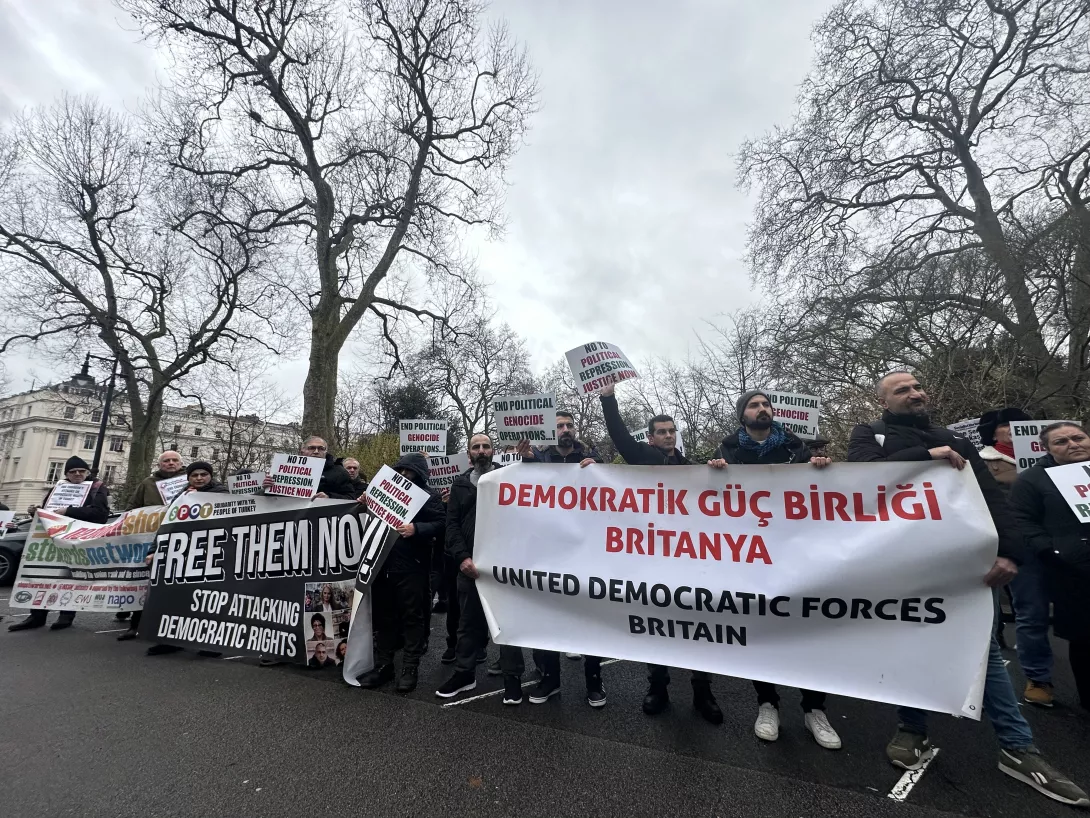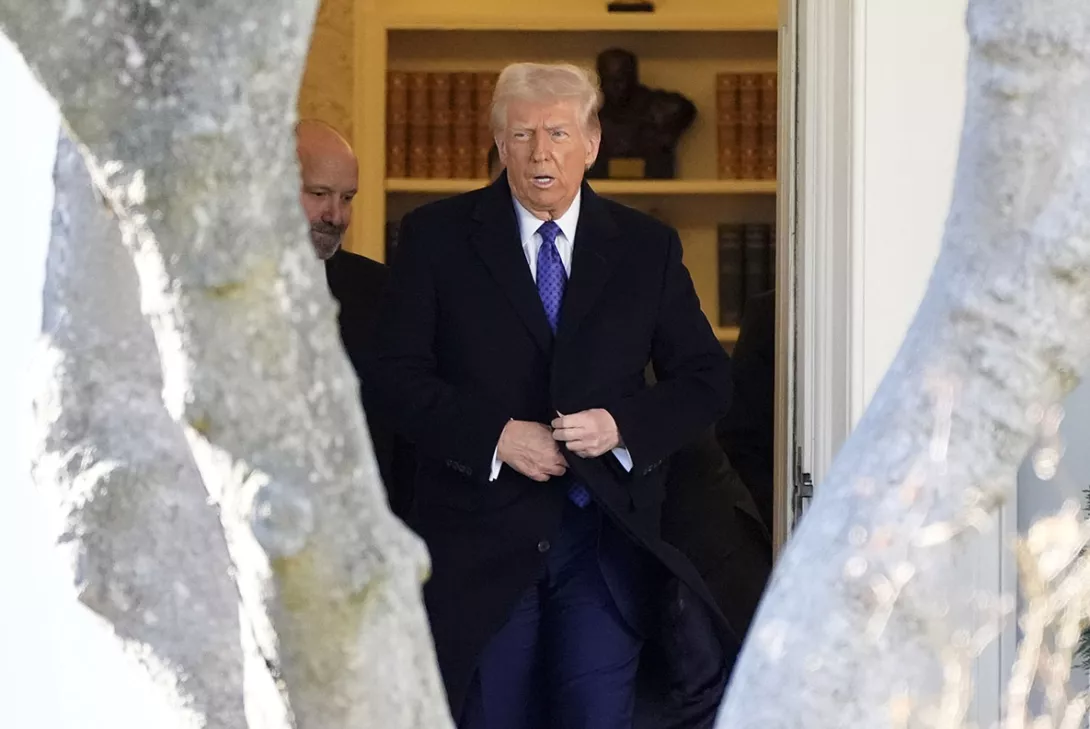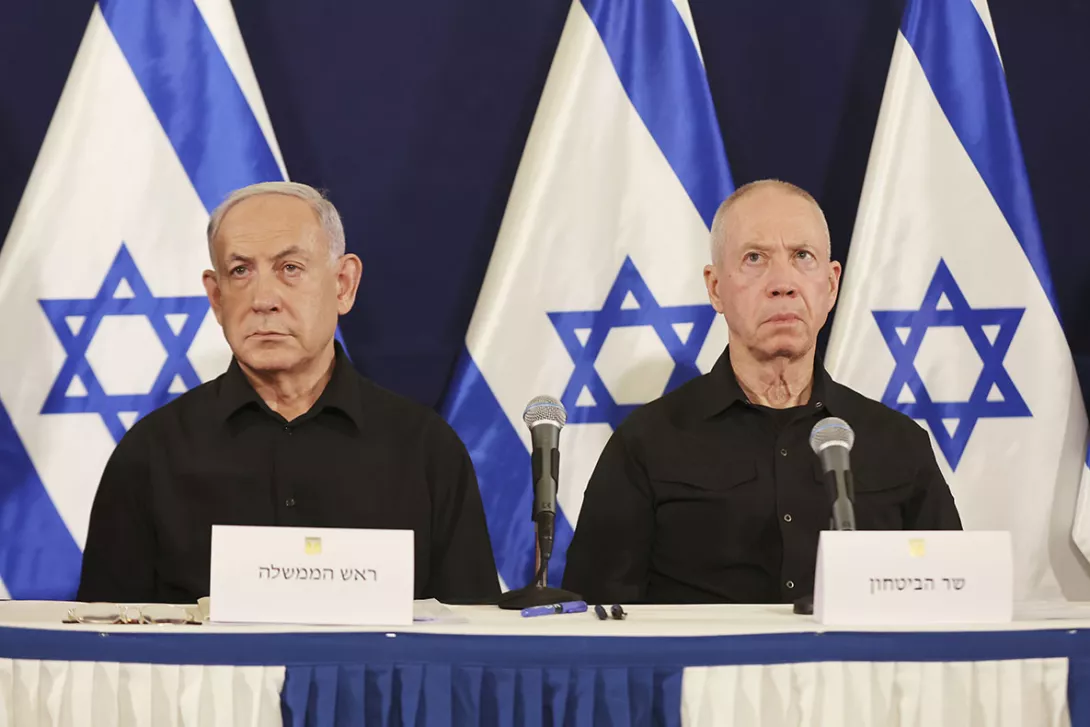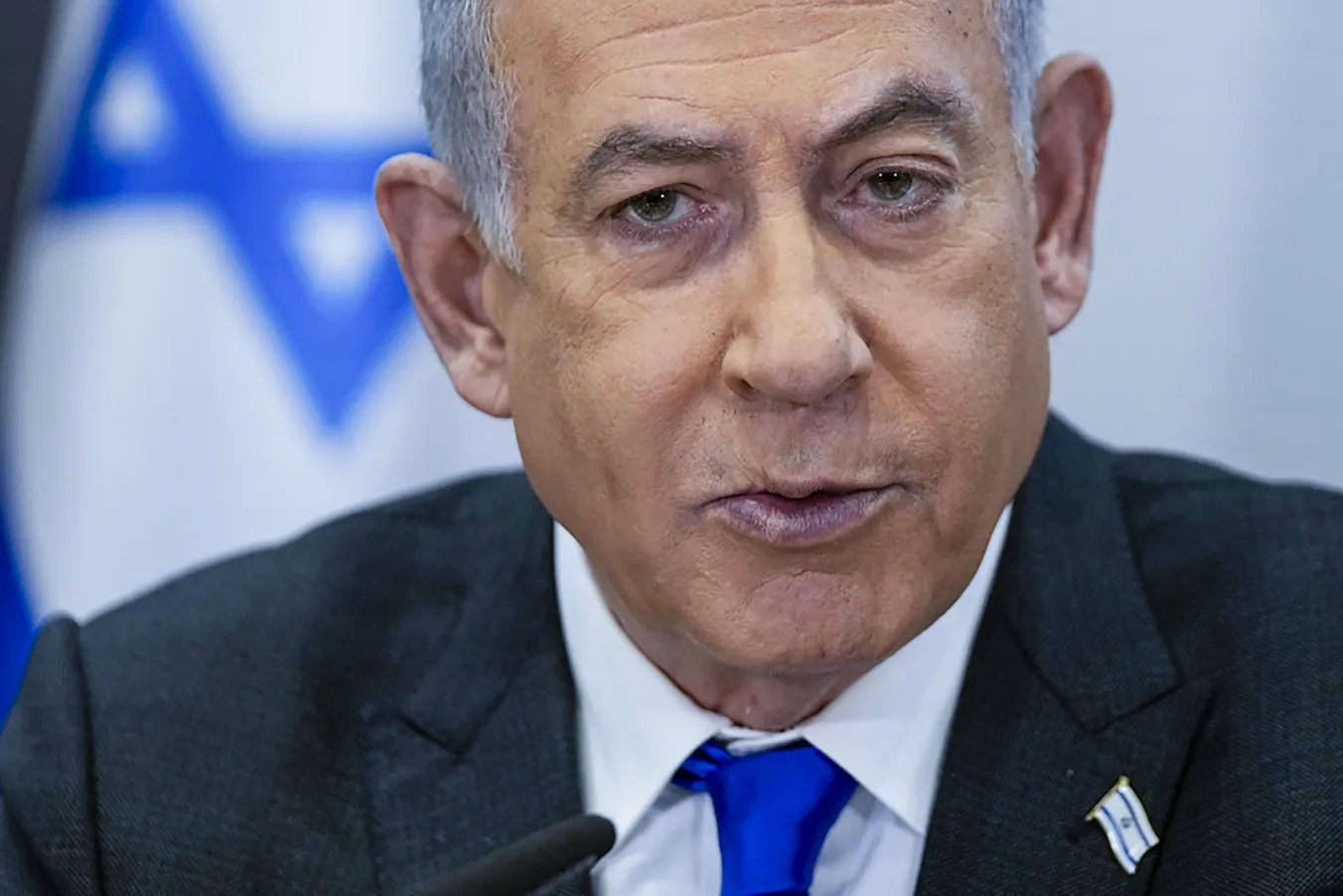Britain given green light to challenge ICC arrest warrants for Netanyahu and Gallant
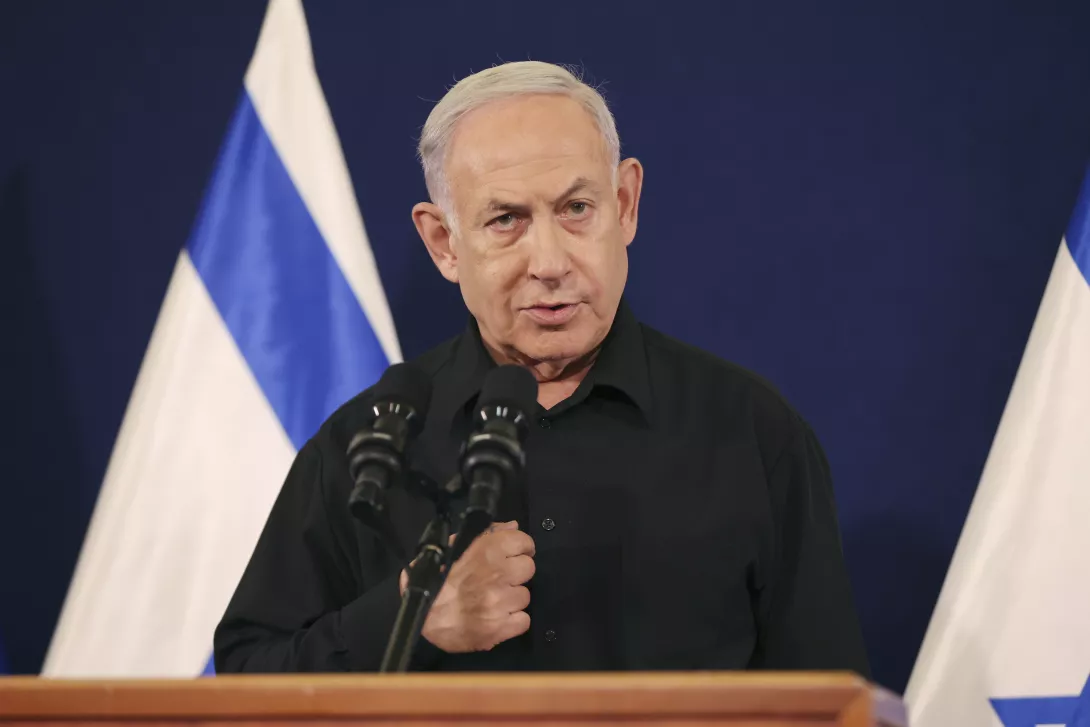
BRITAIN will be able to challenge the right of the International Criminal Court (ICC) to issue arrest warrants for Israeli PM Benjamin Netanyahu and Defence Minister Yoav Gallant, judges have said.
The challenge was lodged on June 10 in secret but was made public on Thursday evening ahead of the general election.
Britain, which is an ICC member state, claims that the court does not have jurisdiction over Mr Netanyahu and Mr Gallant.
More from this author
Similar stories


